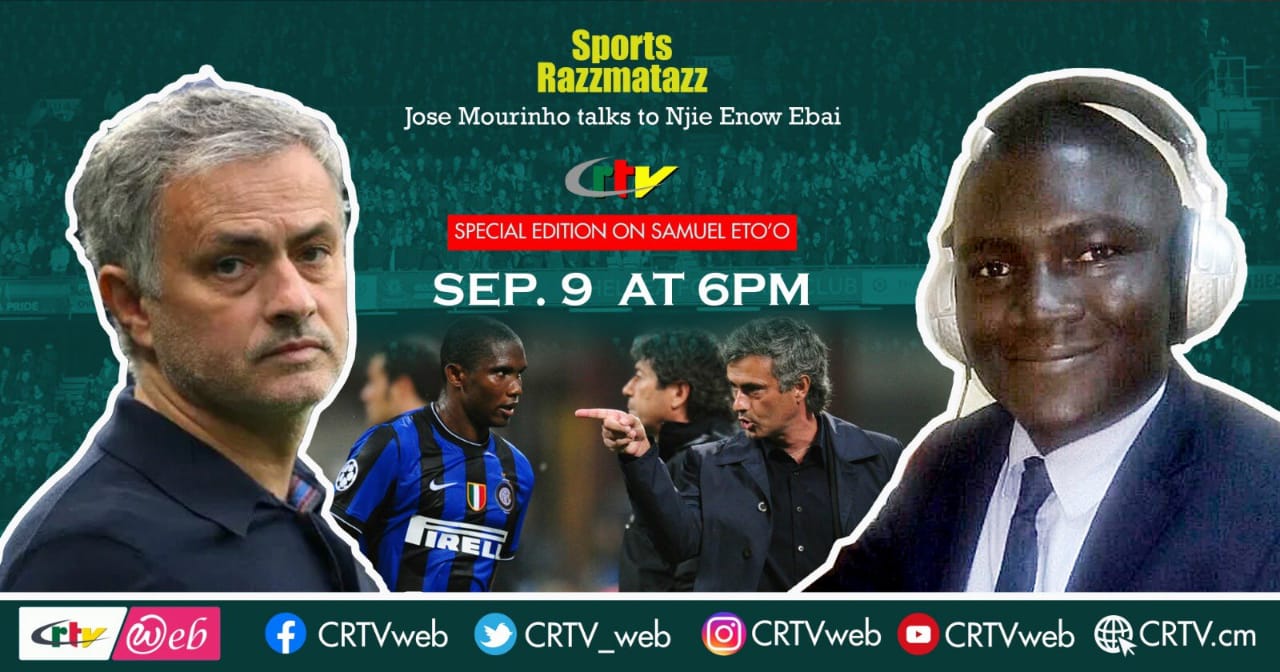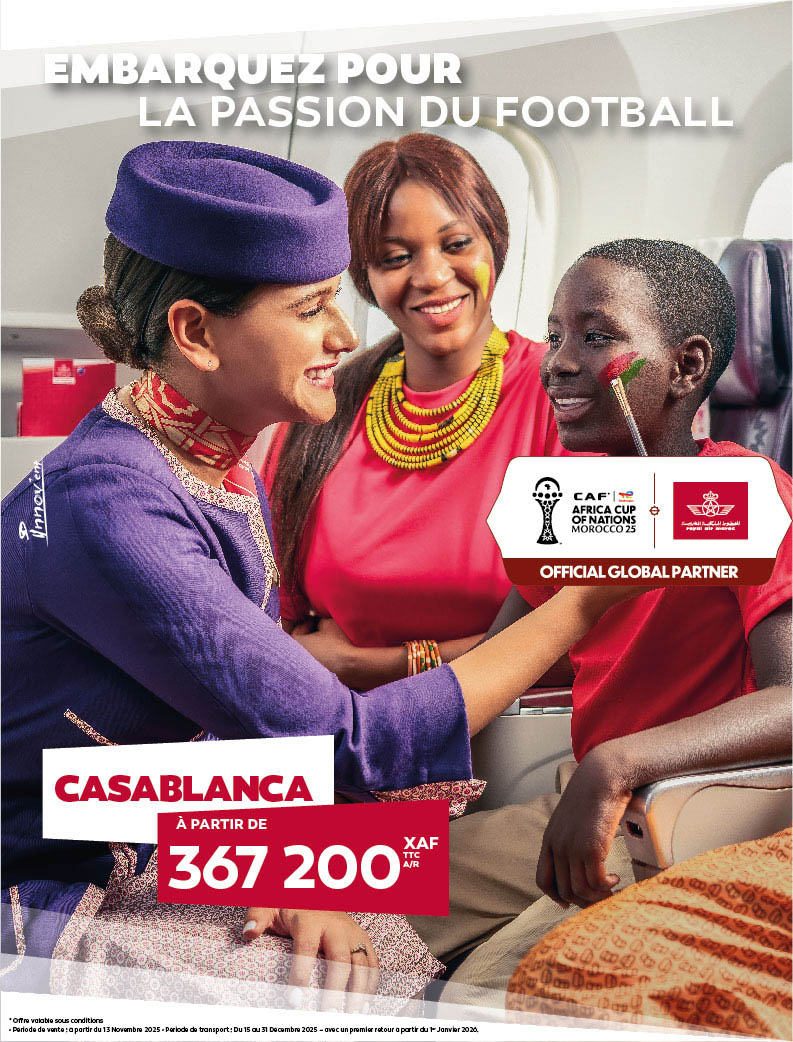By Philemon Mbale
Guest Writer, kick442.com Africa
The Cameroon MTN Elite football once a beacon of talent in African football, currently faces a significant obstacle that prevents it from reaching its full potential—broadcast sponsorship.
In a continent where football is more than a sport but a cultural institution, countries like Zambia, South Africa, Ethiopia, Nigeria, Tanzania, and Ivory Coast have all secured broadcast sponsors for their domestic leagues.
Yet, despite the nation’s rich football heritage, Cameroon’s top-tier league remains conspicuously absent from TV screens and streaming platforms. This gap has not only stifled the growth of clubs but also deprived fans of access to their beloved teams. Except for the national broadcaster CRTV who over the years has sparring aired live games especially top matches around a selected few venues, much of the games from Cameroon’s Elite 1 and 2 has never been broadcasted on live TV.
Broadcast sponsorship is the lifeblood of modern football leagues, and Cameroon Football Federation’s failure to secure one is hampering its development. Securing broadcast sponsors provides multiple benefits for clubs and the league as a whole.
First and foremost, it generates a significant revenue stream for clubs. This influx of money can be used to improve player salaries, fund youth academies, construct stadiums, and attract better talent, making the league more competitive. Financial security would also reduce the dependence on government subsidies, allowing clubs to operate more independently and focus on long-term strategies for growth.
Furthermore, having broadcast sponsors would enhance the visibility of the league, both locally and internationally. Football fans in Cameroon often have to rely on limited means to follow their teams, and this lack of coverage lowers the league’s appeal to sponsors, advertisers, and even international scouts. Clubs like Coton Sport, Bamboutos, Union of Douala and Canon Yaoundé have rich histories and passionate fanbases, but their potential remains untapped due to insufficient media exposure.
Broadcast rights would bring these clubs into the homes of millions, increasing their fan engagement and commercial value. Imagine over 200 matches of the Ivorian League is broadcast over Canal Plus platforms around the world. That means a team in France can conveniently scout a player from Ivory Coast just by watching his matches every weekend on tv.
The role of the government and the Cameroon Football Federation (FECAFOOT) in this matter is crucial. The government has a responsibility to create a conducive environment for private investment in sports. This can be achieved by reducing bureaucracy, offering tax incentives to companies willing to invest in football, and ensuring that infrastructure is up to modern standards, the latter which is already an achievement on their part.
The federation, as the governing body of football in Cameroon, must prioritize the commercialization of the league. FECAFOOT should take the lead in negotiating favorable deals with media outlets and potential sponsors.
By benchmarking against countries like Nigeria and South Africa where DSTV stands tall as broadcaster, FECAFOOT can better understand how to attract investors who see the potential in Cameroon’s league. Match fixing scandals, poor officiating and crowd trouble on pitches which have recently characterized football in Cameroon are some indelible marks that disfavor broadcasters.
Clubs themselves must also take responsibility. They need to professionalize their operations and present themselves as viable commercial entities. This includes better financial management, modern marketing strategies, and active engagement with their fanbases through social media and community outreach. The more attractive the clubs make themselves to sponsors, the easier it becomes for the league to negotiate broadcast rights. Clubs should also collaborate to ensure that the league as a whole presents a united front in negotiations with potential sponsors and media outlets.
Broadcast sponsors could transform Cameroon Elite 1 from a local league struggling to stay afloat into a regional powerhouse, capable of competing with the best on the continent. With the right leadership from the government, FECAFOOT, and the clubs, Cameroon can reclaim its place as a football giant in Africa, not just in talent, but in terms of visibility, revenue, and professional management.
Copyright©2024 kick442.com-Cameroon
All rights reserved. This material and any other digital content on this platform may not be reproduced, published, broadcast, written, or distributed in full or in part, without written permission from our management.
This site is not responsible for the content displayed by external sites



